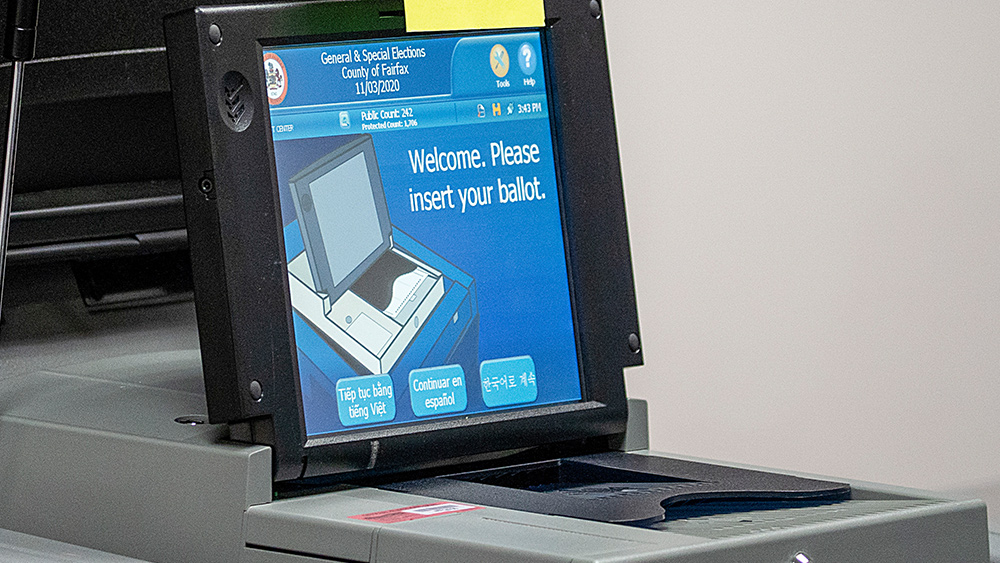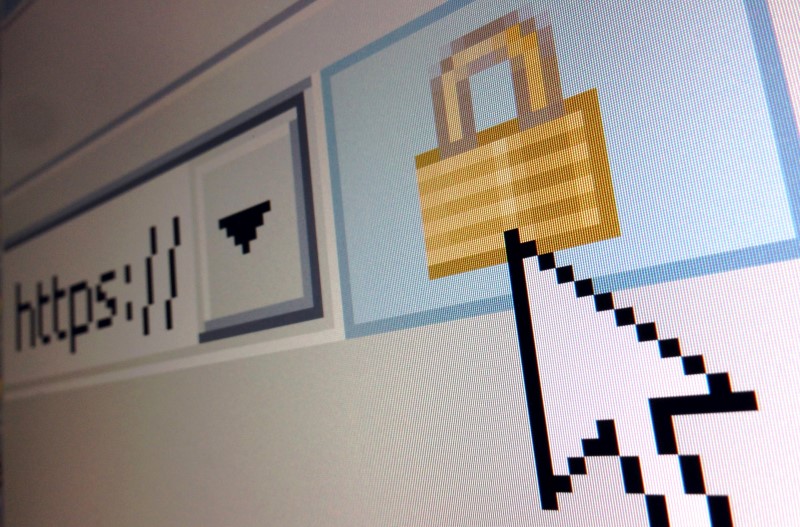Shocker: Software from Democrat-linked Israeli firm used to hack phones of dozens of journalists, govt. officials
07/26/2021 / By JD Heyes

“This leak is going to be the story of the year.”
That’s what former National Security Agency contractor and privacy whistleblower Edward Snowden tweeted earlier this week.
He was referencing a bombshell investigative report involving 17 media organizations including the Washington Post revealing that an Israeli firm’s software was utilized to hack into the phones of dozens of government officials, human rights activists and journalists.
“Military-grade spyware licensed by an Israeli firm to governments for tracking terrorists and criminals was used in attempted and successful hacks of 37 smartphones belonging to journalists, human rights activists, business executives and two women close to murdered Saudi journalist Jamal Khashoggi, according to an investigation by The Washington Post and 16 media partners,” the paper reported.
The “Pegasus spyware licensed by Israel-based NSO Group,” may also have been used to hack into phones “belonging to two women close to Jamal Khashoggi, a Post columnist murdered at a Saudi consulate in Turkey in 2018,” Southfront added in a report of its own.
One of the women, according to the report, was his fiancée. Both of the women were targeted before and after his death.
Did Biden Administration order the spyware hack?
Another of the media outlets which conducted the probe, The Guardian, noted that the investigation hinted at “widespread and continuing abuse” of the firms’ hacking software — essentially malware that infects smartphones and allows for hackers to extract information including texts, emails and photos. In addition, the malware enables the recording of phone calls and can secretly activate a phone’s microphone to allow for monitoring of subjects.
NSO Group has long maintained that the malware is only used for the most serious of criminals including terrorist organizations, as well as drug and human traffickers.
“Pegasus is a very advanced malware that infects iOS and Android devices to allow operators of the spyware to copy messages, photos, calls and other data, including secretly activate microphones and cameras,” Southfront reports.
The leak of information indicated that as many as 50,000 phone numbers may have been accessed by the Pegasus malware since 2016.
“The list includes many close family members of one country’s ruler, suggesting he might have instructed the country’s intelligence agencies to explore the possibility of tracking and spying on their own relatives,” Southfront adds.
For its part, the Israeli firm pushed back hard on the extensive investigative report and the fantastical claims that it made.
“The report by Forbidden Stories is full of wrong assumptions and uncorroborated theories that raise serious doubts about the reliability and interests of the sources. It seems like the ‘unidentified sources’ have supplied information that has no factual basis and are far from reality,” the company said in the statement.
“After checking their claims, we firmly deny the false allegations made in their report,” the statement said. The firm further noted that its technology was not used in any way that can be connected to Khashoggi’s murder.
Journalists looking into the hacks identified at least 1,000 people spanning more than 50 countries.
“They included several Arab royal family members, at least 65 business executives, 85 human rights activists, 189 journalists and more than 600 politicians and government officials – including several heads of state and prime ministers,” reported Southfront.
The Associated Press issued a statement regarding revelations that two of its reporters had their phones hacked as well.
“We are deeply troubled to learn that two AP journalists, along with journalists from many news organizations, are among those who may have been targeted by Pegasus spyware,” said Director of AP Media Relations Lauren Easton.
“We have taken steps to ensure the security of our journalists’ devices and are investigating,” she continued.
Reuters’ spokesman Dave Moran noted as well: “Journalists must be allowed to report the news in the public interest without fear of harassment or harm, wherever they are. We are aware of the report and are looking into the matter.”
But the most interesting aspect is this: Despite all of the news organizations involved in this investigative effort, no one bothered to report a connection between NSO Group and a Democrat close to Joe Biden.
New York Times reporter Kenneth Vogel explained in a Twitter thread shortly after the story was published that the firm paid a company called SKDK, a Democrat-aligned company of Anita Dunn, a Biden advisor, until late in 2019.
“The Israeli firm NSO GROUP was behind the spyware used to hack journalists & human rights activists, a @WashingtonPost investigation reveals. Not included in the story: NSO GROUP paid @SKDK (BIDEN adviser ANITA DUNN’s firm) for advice until late 2019,” Vogel wrote.
“NSO GROUP also paid BEACON GLOBAL STRATEGIES (a firm started by JEREMY BASH, an MSNBC analyst who served as CIA & Pentagon chief of staff under OBAMA) until early 2020, @NSOGroup told me last yr. It said @SKDK & Beacon Global ‘provided communications & business strategy advice,’” Vogel noted further.
“NSO Group has retained TOM CLARE to attack the investigation as ‘speculative & baseless.’ @TAClare’s boutique defamation firm @clarelockellp also has represented the Russian oligarch OLEG DERIPASKA, Project Veritas (vs the @NYTimes) & Dominion Voting Systems, among other clients,” he added.
We agree with Snowden that this is a huge story — but what happened to the Democrat connection?
Sources include:
Submit a correction >>
Tagged Under:
computing, cyber war, democrats, Edward Snowden, Glitch, hacking, Israel, NSO Group, Orwellian, Pegasus, smartphone, spying, spyware
This article may contain statements that reflect the opinion of the author
RECENT NEWS & ARTICLES
COPYRIGHT © 2017 GLITCH.NEWS
All content posted on this site is protected under Free Speech. Glitch.news is not responsible for content written by contributing authors. The information on this site is provided for educational and entertainment purposes only. It is not intended as a substitute for professional advice of any kind. Glitch.news assumes no responsibility for the use or misuse of this material. All trademarks, registered trademarks and service marks mentioned on this site are the property of their respective owners.



















